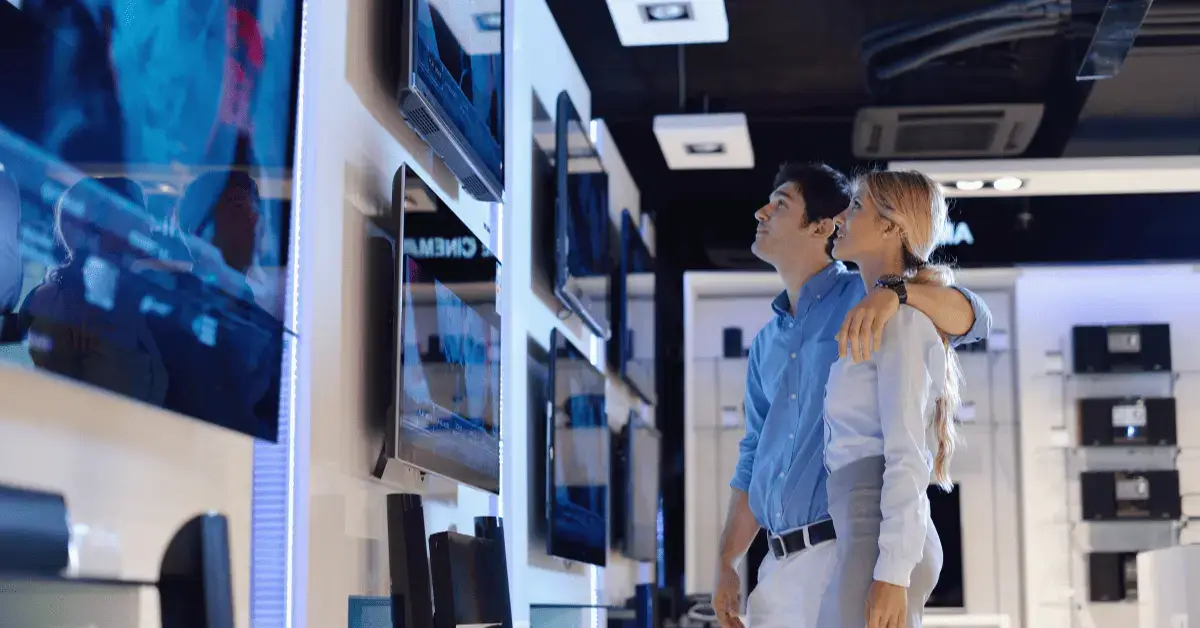The Constant Evolution of D2C
D2C marketing has disrupted the traditional retail model, giving brands direct access to their customers. It’s a thrilling space filled with potential, but it’s also highly competitive.
To stand out and stay relevant, D2C brands must continuously reinvent themselves. That’s where experimentation comes into play.
Embrace the Power of Experimentation
Experimentation isn’t just about trying new things; it’s about adopting a mindset of continuous improvement. It’s a commitment to pushing the boundaries, thinking outside the box, and being unafraid to fail.
Experimentation is the engine of innovation, and D2C brands that make it part of their DNA are better positioned to thrive.
When you embrace experimentation, you open the door to creativity and innovation. You’re no longer limited by what’s worked in the past; you’re free to explore new avenues.
This could mean launching a bold new ad campaign, testing different pricing strategies, or even reimagining your product lineup. The possibilities are endless.
The Art of Testing
But experimentation alone isn’t enough. You need a structured approach to turn your ideas into actionable insights. That’s where testing comes in.
Testing allows you to validate your hypotheses and refine your strategies based on real-world data.
A/B testing, for instance, can help you fine-tune your website’s user experience. By creating two versions of a page with a single variable change, you can determine which version performs better.
Maybe it’s the color of a CTA button or the wording of a product description – these small changes can have a significant impact on your conversion rates.
In the realm of D2C marketing, you’re dealing with a treasure trove of data – customer behavior, purchase history, and more. Testing allows you to harness this data to make informed decisions.
You can segment your audience, tailor your messaging, and optimize your campaigns for maximum impact.
Learning from Failure
Experimentation and testing inevitably lead to failures. But here’s the secret sauce – these failures are invaluable lessons in disguise.
It’s often said that you learn more from your failures than your successes, and that’s particularly true in the world of D2C marketing.
Failure isn’t the end; it’s a stepping stone on the path to success. Each misstep is an opportunity to learn, adapt, and refine your approach.
By analyzing what went wrong, you gain insights that can guide your future experiments. It’s all about iteration and continuous improvement.
D2C brands that embrace a culture of learning from failure are better equipped to stay ahead. They don’t fear change; they embrace it because they understand that every setback is a chance to grow stronger and wiser.
Staying Agile in a Shifting Landscape
In the world of D2C marketing, agility is a prized asset. Consumer preferences can shift overnight, and new competitors can emerge at any moment.
To navigate this ever-changing landscape, D2C brands need to be nimble and responsive.
Experimentation, testing, and learning are the pillars of agility. They allow you to pivot quickly when necessary and seize emerging opportunities.
This adaptability is what sets successful D2C brands apart from the rest.
Case in Point: D2C Success Stories
Let’s take a look at a few D2C success stories that owe their growth to a relentless commitment to experimentation, testing, and learning:
Casper
The mattress-in-a-box pioneer, Casper, is known for its innovative marketing strategies.
They experiment with different ad channels and messaging, relying on A/B testing to optimize their campaigns continually.
This commitment to experimentation has propelled them to the forefront of the mattress industry.
Dollar Shave Club
This D2C brand made a name for itself with its subscription-based razor service.
They constantly experiment with their subscription options and product range to cater to evolving customer needs.
By learning from their failures and adapting, they’ve built a loyal customer base.
Building a Culture of Experimentation
To truly harness the power of experimentation, testing, and learning, it’s essential to cultivate a culture that supports these practices.
Here’s how you can do it:
- Leadership Buy-In: Leadership must champion experimentation and set the tone for the entire organization. When leaders encourage taking risks and learning from failures, it becomes ingrained in the company’s DNA.
- Data-Driven Decision Making: Make data the foundation of your decision-making process. Encourage teams to rely on data to validate hypotheses and drive strategies.
- Collaboration: Cross-functional collaboration is key. Encourage teams from different departments to work together on experiments, fostering a culture of shared learning.
- Celebrating Failure: Celebrate experiments, even when they fail. Highlight what was learned from each failure and how it contributes to future success.
- Iterative Approach: Encourage teams to iterate on their experiments. Rarely is a single test conclusive. Each experiment should lead to refinements and further testing.
The Road Ahead
In the world of D2C marketing, there’s no standing still. You’re either moving forward or falling behind.
Embracing experimentation, testing, and learning isn’t an option; it’s a necessity. It’s the secret sauce that fuels growth and keeps D2C brands relevant in a rapidly evolving landscape.
So, as you navigate the exciting world of D2C marketing, remember the words of Thomas Edison:
“I have not failed. I’ve just found 10,000 ways that won’t work.”
Each experiment, each test, and each failure is a step closer to success. It’s an opportunity to innovate, adapt, and ultimately thrive in the ever-changing world of D2C.
As you embark on this journey of growth and innovation, always keep your eyes on the horizon, ready to embrace the next experiment, the next test, and the next opportunity to learn and evolve.
The future belongs to those who dare to experiment, test rigorously, and never stop learning.


